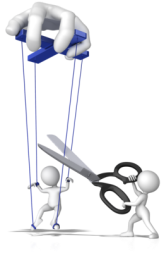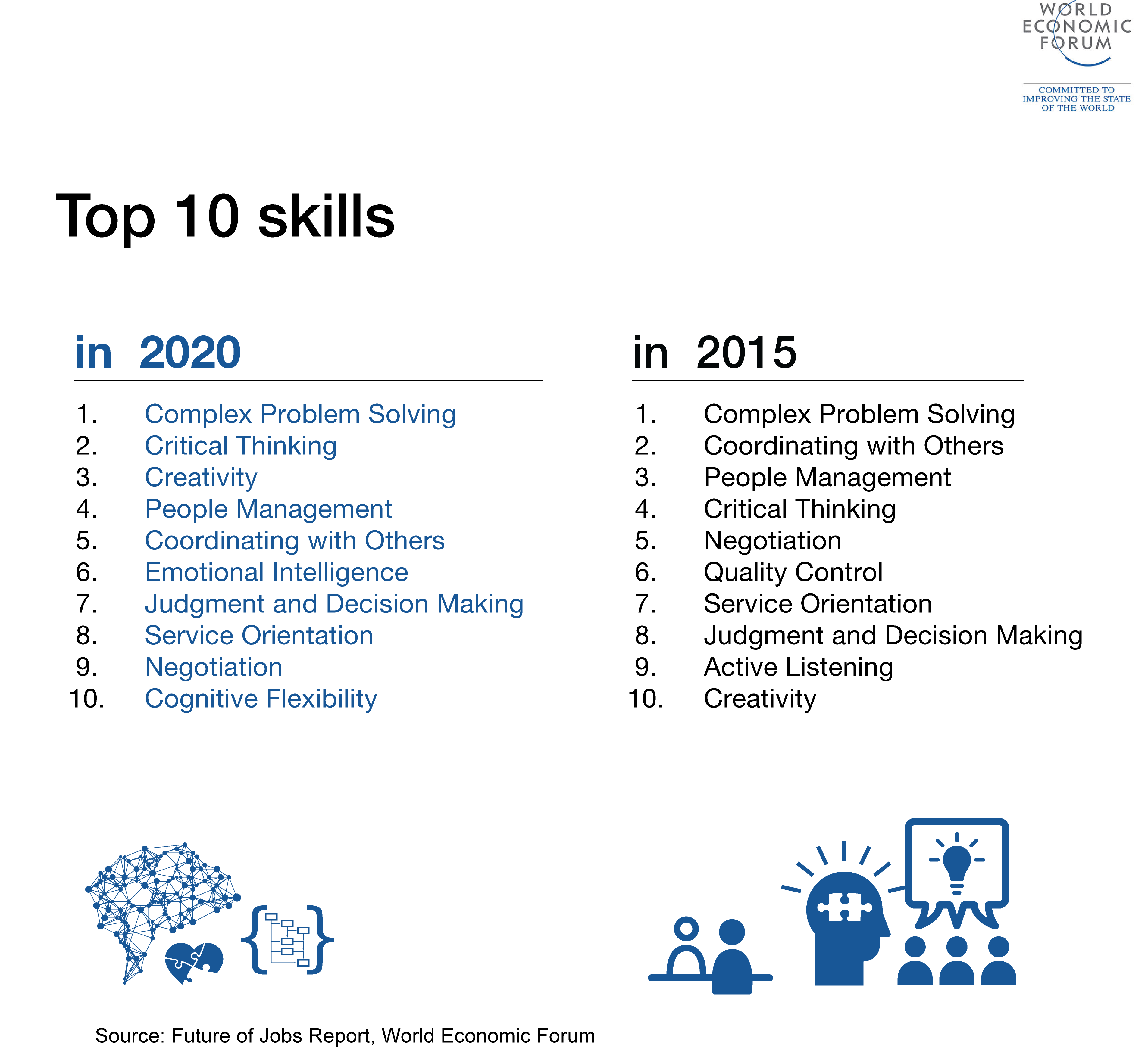Building a culture of agency…
 It’s exciting to see so many teachers relinquishing control and empowering their students. Stephanie in Singapore had kids do their own set up on the first day of school and the inspirational folk of Studio 5 at ISHCMC have broken yet more moulds. Right here in Aus, at my own school, some students are planning their own inquiries in the same way that teachers plan, and teachers are releasing control and reflecting candidly about the process in the pursuit of learner agency.
It’s exciting to see so many teachers relinquishing control and empowering their students. Stephanie in Singapore had kids do their own set up on the first day of school and the inspirational folk of Studio 5 at ISHCMC have broken yet more moulds. Right here in Aus, at my own school, some students are planning their own inquiries in the same way that teachers plan, and teachers are releasing control and reflecting candidly about the process in the pursuit of learner agency.What if you’re not ready to release control to this extent? How might you start small? What might some first steps be towards an increase in agency for your learners?
Ron Ritchhart’s 8 cultural forces provide a platform from which to embark on your journey. Just apply them to agency, instead of thinking! How might you build a culture of learner agency in your classroom?
What sort of language will you use?
Do you talk about learning, rather than tasks and work?
Is your learning framed as a question that invites learners into the process?
Do you ask the learners’ opinions and really listen to what they say?
Do you notice and name learning assets?
Do you refer to your students as authors, mathematicians and scientists?
How is the environment organised to foster agency?
Who designs the learning space? Whose thinking is on the walls?
Are there options for where and with whom to sit and learn?
Are materials and resources well organised and easily accessible?
What sorts of opportunities are offered?
Are there opportunities for learners to pursue their own inquiries?
Are there opportunities to write for an authentic audience and to extend learning beyond the classroom?
Are there opportunities for learners to wrestle with challenging problems and design solutions?
How is time managed?
Is there time for thinking, reflecting and inquiring?
Who manages the time? Is self management encouraged?
Is time used constructively for meaningful learning, rather than just completion of set tasks?
Do students waste time waiting for the teacher, when they could be doing something more worthwhile?
What dispositions do you model?
Do you model vulnerability, apologise when you’re wrong and talk about your mistakes?
Do you openly change your mind and your plan?
Do you model decision making and talk through the process aloud?
What routines are in place to encourage agency?
Are there routines for accessing equipment, sharing learning, asking for help…without waiting for the teacher?
Do they start when they’re ready, rather than waiting till you have finished giving the same instructions to all?
Are there routines for giving and receiving peer to peer feedback, without being told?
What kind of expectations are clearly set?
Are learners expected to and trusted to take ownership of learning?
Do they have (at least some) choice and voice in what they learn and how they learn?
Is initiative valued over compliance?
Is intrinsic motivation expected and encouraged through powerful, engaging learning experiences? (no Class Dojo)
How do interactions foster agency?
Are interactions between you and your learners mutually respectful?
How well do you know every child’s story, her interests, her passions and her insecurities? Can she tell that you care?
Do your interactions demonstrate belief in the learners’ capacity to own their learning?
Can they tell that you trust them to learn?
What small action will you take to shift the culture in your class?

 By guest blogger
By guest blogger  Post written by
Post written by 





